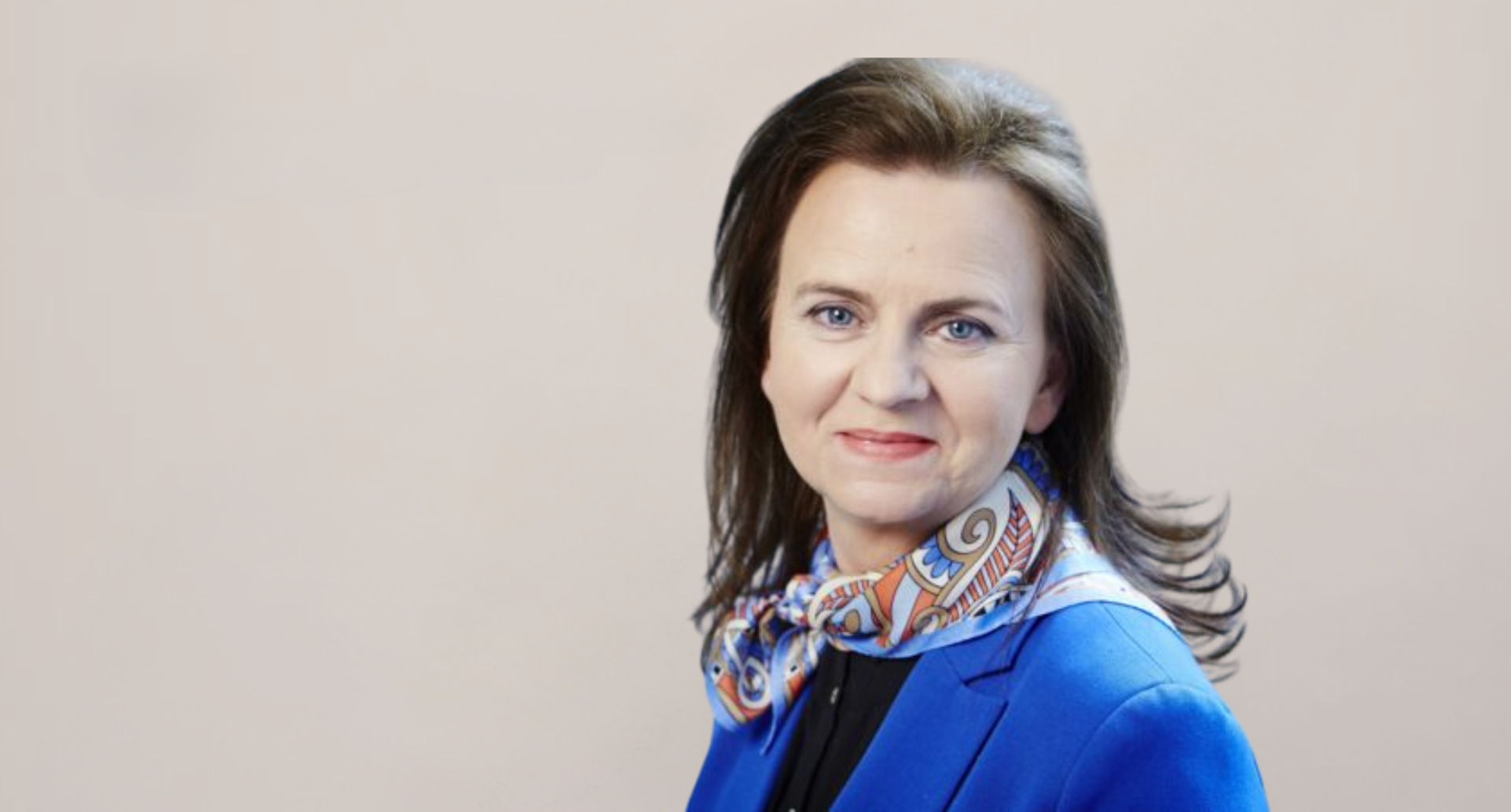Prof. Gertruda Uścińska, Rector of the Nicolaus Copernicus Superior School in Warsaw and an expert in social insurance, gave an interview to Gazeta Prawna. The topic of the conversation was the challenges facing the Polish pension system and the need to educate people about how it functions.
ZUS is not a financial pyramid
In response to questions about the sustainability of the Social Insurance Institution, Prof. Uścińska stressed that comparing the Social Insurance Institution to a financial pyramid is wrong. Pensions in Poland, as in other countries, are guaranteed by the state, which in the long term ensures the solvency of the system. This, she pointed out, is part of social responsibility when addressing an aging population.
In the interview, however, the SGMK rector placed great emphasis on the need for public education about the pension system. In her opinion, knowledge about where pensions come from, how they function and what influences the pension pot should be widespread. Prof. Uścińska noted that it is important to make young people aware that they should think about the future and pension security from the beginning of their careers. She also mentioned the need to create an institution in Poland to conduct analysis and research on pension systems and demographic challenges.
One of the current challenges facing the system is the problem of so-called “penny pensions”, which are the result of paying only one pension contribution. Prof. Uścińska suggested that the right to a pension should be ensured by a certain minimum contribution period, such as 10 or 15 years.
The rector also pointed out the significant difference in benefits between men and women. Currently, women’s pensions are on average 50% lower than men’s, due to a number of factors, such as women’s lower retirement age, the so-called “wage gap” and breaks in labor force participation.
Longer work, higher pension
Prof. Uścińska stressed that it is also necessary to encourage longer working lives. Each year of work after reaching retirement age increases future benefits by 15-20%. However, in order to encourage people to work longer, employers should be flexible in their terms of employment, offering, for example, more adjusted working hours for older workers.
International perspective and education
In the interview, Prof. Uścińska compared the Polish pension system to those in other countries, such as Japan, where people work much longer, resulting in higher pensions. She noted the need to build public awareness of additional saving for old age and taking care of one’s own retirement future.
The SGMK rector, a former president of the Social Insurance Institution, called for starting pension education already at the school level, so that the next generation will be better prepared to secure their future.








